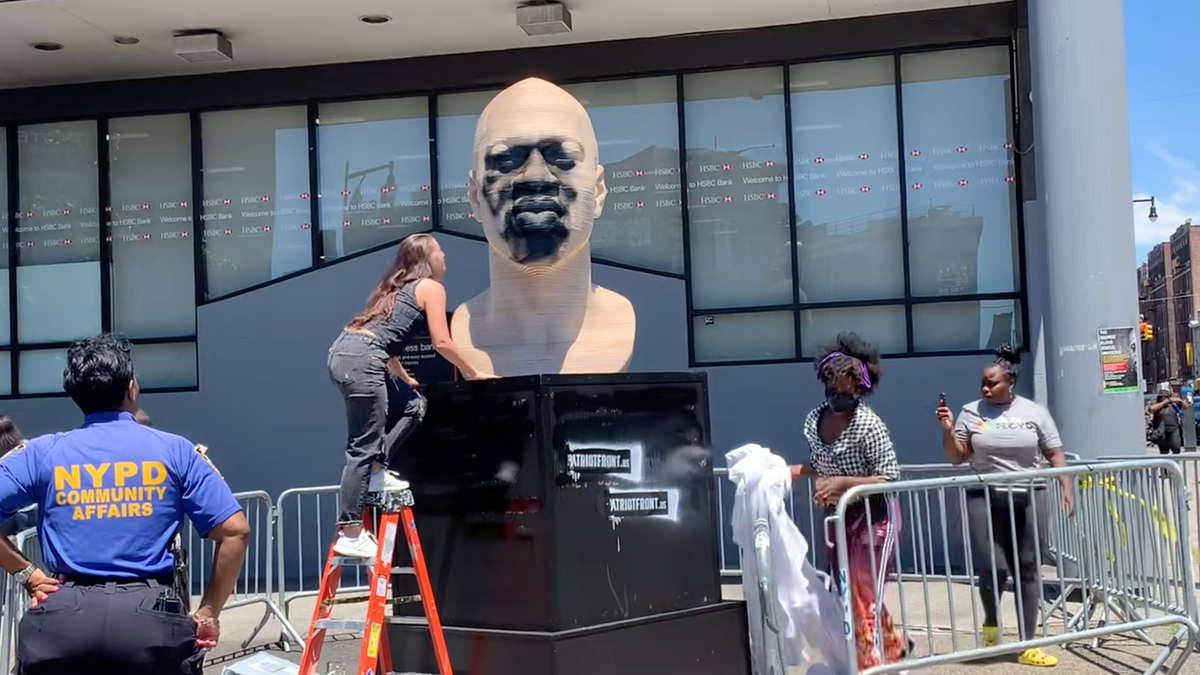One of the enduring mysteries of the COVID-19 pandemic is why most children tend to experience fewer symptoms than adults after infection with the coronavirus. The immune system response that occurs in the rare cases in which children experience life-threatening reactions after infection may offer an important insight, a Yale-led study published in the journal Immunity suggests.
While many children infected with the virus are asymptomatic or go undiagnosed, about one in 1,000 children experience multi-system inflammatory response (MIS-C) four to six weeks after confirmed infection with SARS-CoV-2, the virus that causes COVID-19. The condition is marked by a variety of symptoms, including fever, abdominal pain with vomiting and/or diarrhea, rash, and cardiovascular and neurological problems. If diagnosed early, the condition is readily treatable with immune suppressants such as steroids. If left untreated, however, it can be fatal.
"Why does this happen when there is no virus or anti-viral response still present and in kids? And why is it only occurring in youth?" asked Carrie Lucas, an assistant professor of immunobiology at Yale and corresponding author of the new study.
In an exhaustive analysis, Lucas and her lab tested blood from children with MIS-C, adults with severe COVID symptoms, as well as healthy children and adults. They found that children with MIS-C had immune system signatures distinct from other groups.
Specifically, the children with MIS-C had high levels of alarmins, molecules that make up part of the innate immune system which is mobilized quickly to respond to all infections. Other research findings have suggested that a child's innate immune system response may be stronger than those of adults, one possible explanation for why they generally experience milder symptoms than adults after infection.
"Innate immunity may be more active in children who are infected with virus," Lucas said. "But on the flip side, in rare cases it may get too revved up and contribute to this inflammatory disease."
Children diagnosed with MIS-C were also found to have a marked elevation of certain adaptive immune responses, which are defenses to combat specific pathogens -- such as the virus causing COVID-19 -- and that typically confer immunological memory. But instead of being protective, the responses produced in these affected children appear to attack a variety of host tissues, a hallmark of autoimmune diseases.
Lucas speculates that the initial immune response in these rare cases triggers a cascade that damages healthy tissue, which in turns makes the tissue more susceptible to attack by autoantibodies.
In the meantime, the peculiar immune system signatures of MIS-C could help in the diagnosis and early treatment options of children at high risk of the disorder, Lucas said.
Story Source:
Materials provided by Yale University. Original written by Bill Hathaway. Note: Content may be edited for style and length.










 English (US) ·
English (US) ·